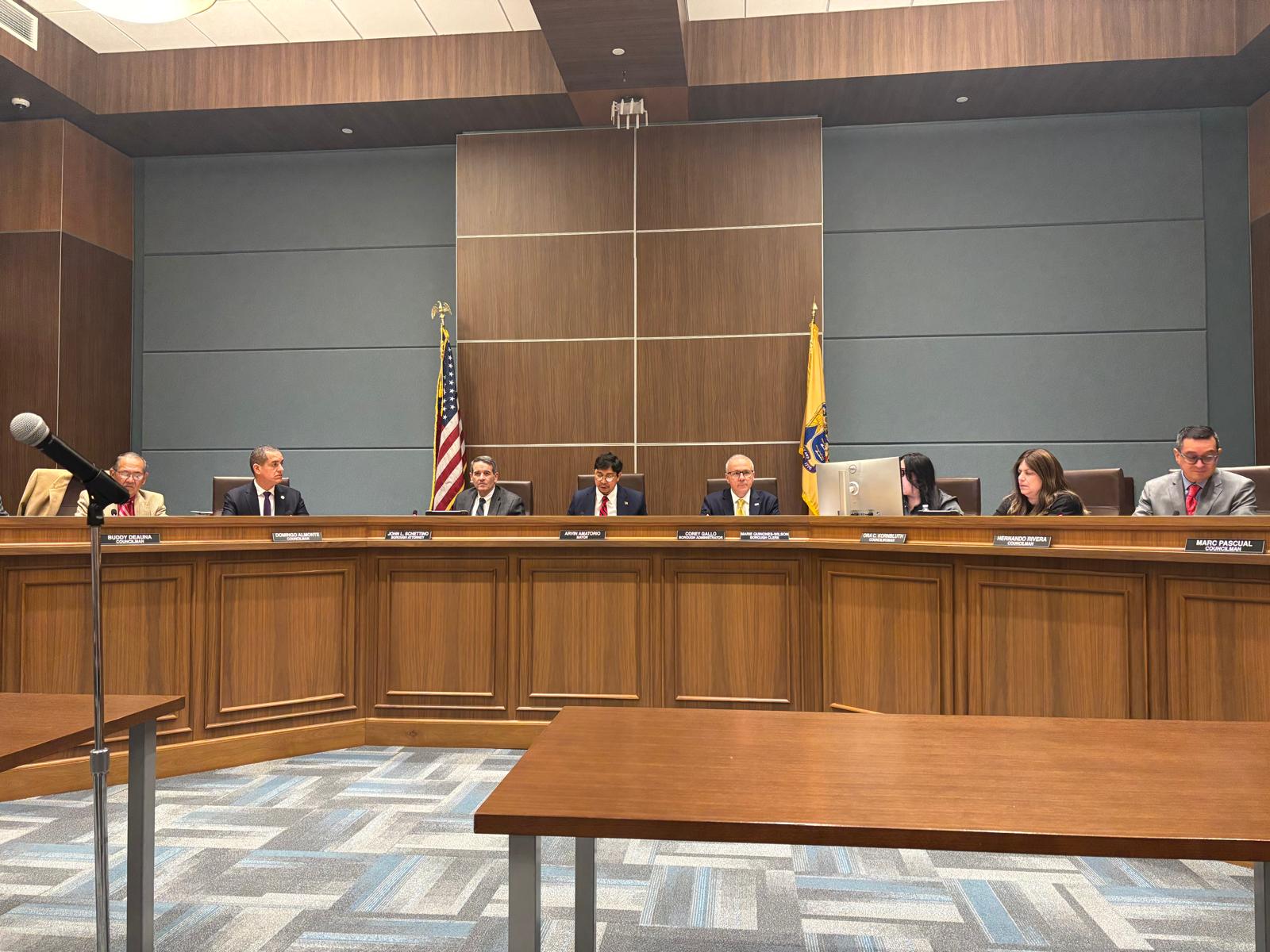The United Arab Emirates is spending millions of dollars a year to convince the American public–and Congress–that it’s safe to do business with. Eight years after a skittish Congress derailed plans for Dubai Ports World to take over operation of six U.S. seaports, the federation of seven emirates is still paying PR and lobbying firms upwards of $5 million a year to boost its image–far more than any other Middle Eastern nation. The federation, home to two of the Sept. 11, 2001 hijackers, views the effort as a crucial investment to help achieve its transformation into a global business hub.
“Dubai Ports World highlighted the fact that there was very little understanding in the U.S. about the UAE,” Richard Mintz, managing director at The Harbour Group, told National Journal in 2007 after the UAE hired his firm as part of a three-year, $15 million public diplomacy campaign. In 2013, the UAE was still paying The Harbour Group $4.4 million–plus another $1.2 million paid to lobbying firms Akin Gump Strauss Hauer & Feld and DLA Piper.
With UAE businesses once again coming under fire as its world-class airlines try to grab a bigger piece of the U.S. market, the PR push is looking wiser every day. Over the past year, the U.S. airline industry has ramped up its attacks, accusing Abu Dhabi’s Etihad and Dubai’s Emirates of unfair government support–and getting a sympathetic ear in Congress.
One charge–led by Reps. Patrick Meehan, R-Penn., and Peter DeFazio, D-Ore.–has aimed to derail a new pre-clearance facility for passengers headed to the U.S. from Abu Dhabi airport. Lawmakers argued it would only benefit Etihad, but the Homeland Security Department defended the facility as a boon for everyone who uses U.S. airports, and Congress eventually relented back in May.
“The go-to position when someone wants to criticize them on anything–even with the airlines–seems to always be, ‘Huh, it’s oil money, sovereign wealth; the Arabs are supporting their airlines’–this simply is just not accurate,” said Danny Sebright, president of the US-UAE Business Council, an independent business group. “The UAE’s lobbying money is spent on providing accurate information and informing Americans on what kind of a country the UAE is today as a friend and ally of the United States and trying to dispel the myths about what kind of a country it’s not.”
The campaign is also helping pave the way through massive investments in the U.S. through the Abu Dhabi Investment Authority, a sovereign wealth fund that manages the emirate’s excess oil revenues. The authority, which is suing Citigroup over a $7.5 billion investment made during the subprime mortgage crisis of 2007, has hired its own lobbyists.
In addition to direct lobbying of Congress and the Obama administration, the UAE has sought to highlight women’s roles in the federation–including as fighter pilots and government ministers–and its close ties with the U.S.
Over the past year, The Harbour Group has helped organize UAE study tours for members of the Center for American Progress and the Atlantic Council, as well as the American Jewish Committee and the Chicago Jewish United Fund. The firm has also helped highlight UAE financial support to the U.S., including its support for community soccer fields across the country and its $4.5 million contribution to the Hurricane Sandy relief fund in New Jersey.
Meanwhile, the UAE continues to engage the administration and Congress on trade issues, although negotiations on a Free Trade Agreement launched in 2004 have since stalled. Instead, the two parties are now engaged in a less ambitious “Economic Policy Dialogue.”
The UAE remains one of the world’s biggest buyers of U.S. weapons, finalizing a $5 billion deal with Defense Secretary Chuck Hagel last April for the sale of two dozen more F-16s. The federation is also believed to be interested in buying F-35 Joint Strike Fighters and Predator drones, when and if they become available for sale to the Gulf States, according to the Congressional Research Service.
UAE also gained reassurances that the U.S. would not turn its back on the Gulf States as it seeks a diplomatic resolution to the standoff over Iran’s nuclear program. The 2015 National Defense Authorization bill that cleared the House in May calls on the Obama administration to complete status of forces and defense agreements with Gulf countries “immediately” and fund its bases in the region through the regular budget rather than the temporary war-funding account known as Overseas Contingency Operations.
By Julian Pecquet
www.Al-Monitor.com













